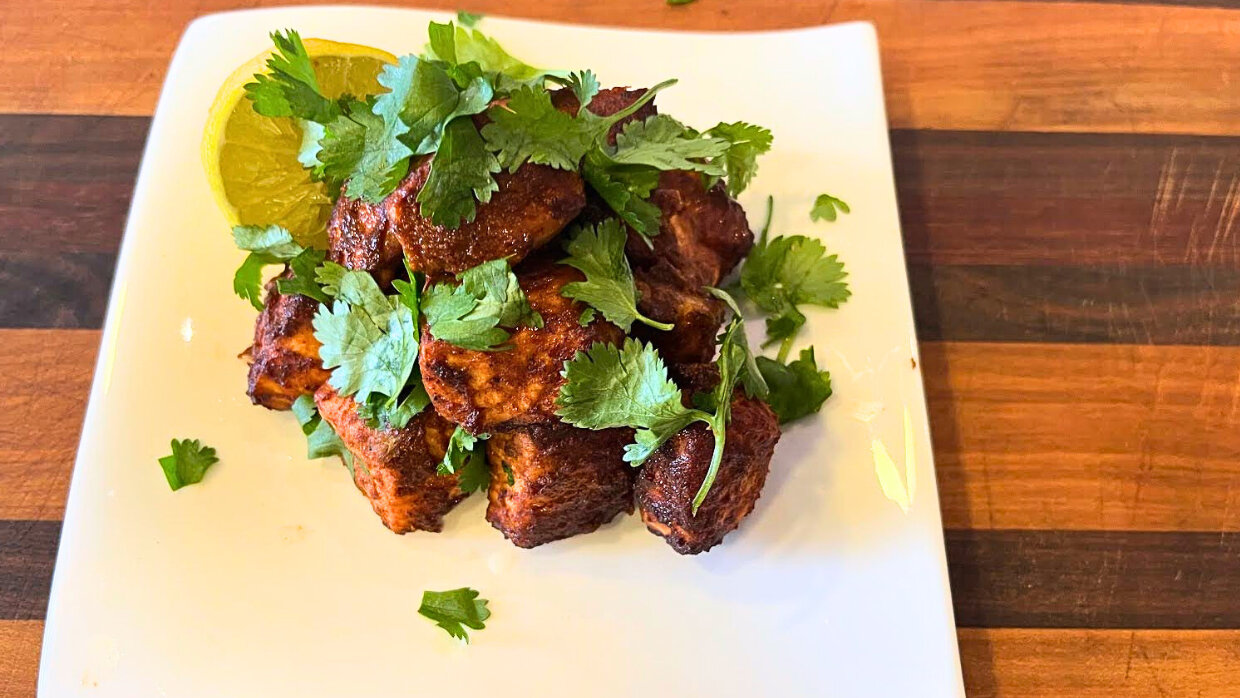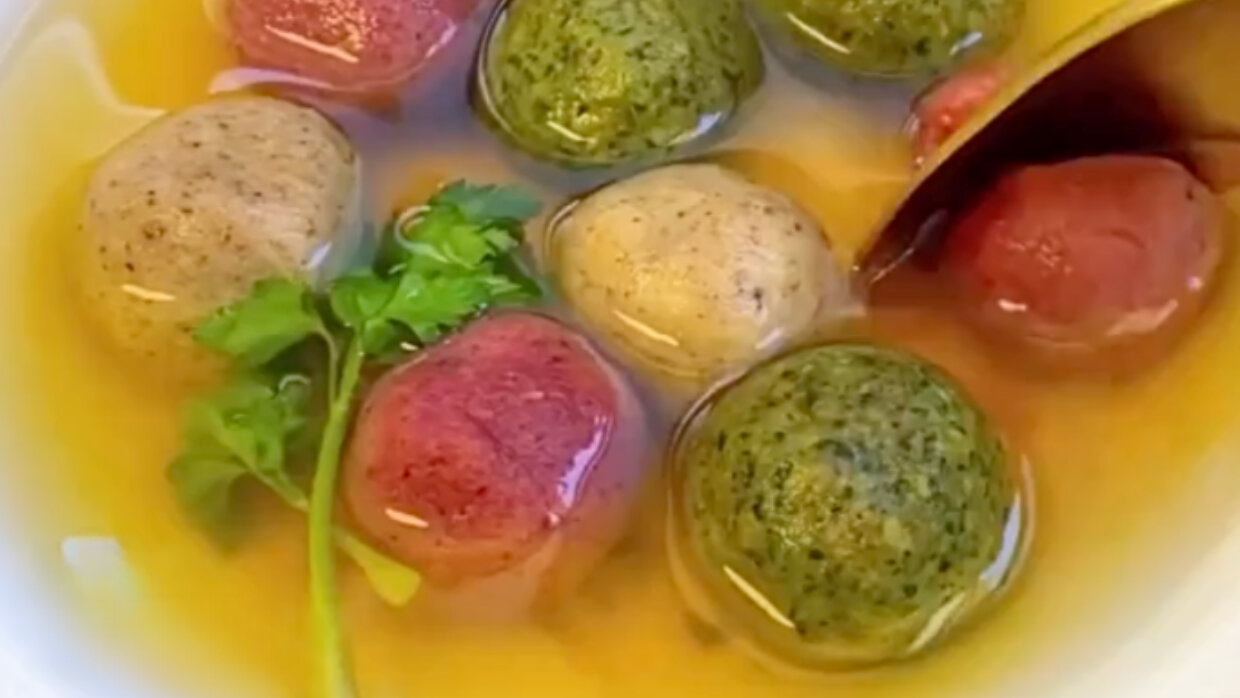“Moderation in all things -- including moderation” So said Oscar Wilde. Or Mark Twain. Or Socrates. Turns out, no one really knows where this witty snippet of life coaching originated. But its spirit (pun intended) is embodied in Judaism’s attitude to alcohol consumption on Purim.
In some religious cultures, the consumption of alcohol is banned completely. Such bans tend to focus on alcohol’s capacity to reduce self-control. This capacity makes alcohol a kind of “gateway drug” to other kinds of vice, the first step on a path that leads away from spirituality and godliness towards immorality, violence, and other kinds of antisocial behavior.
In Judaism, however, attitudes to alcohol are more ambivalent. On one hand, wine plays a starring role in Jewish calendar and lifecycle rituals. These include kiddush (“the sanctification”) and havdalah (“the separation”), which are traditionally said over a cup of wine at the start and conclusion of Shabbat and Festivals; the four cups of wine drunk as a part of the Passover Seder to celebrate the Jewish nation’s exodus from slavery; and the seven blessings made over wine in honor of the bride and groom at a traditional Jewish wedding; to name just a few. Unlike other drinks, wine even has its own, unique blessing: “Blessed are you, God, our Lord, King of the entire universe, who created the fruit of the vine.”
On the other hand, over the centuries, many leading rabbinical thinkers recognized the destructive potential of excessive drinking and cautioned strongly against it.
Overall, the traditional Jewish approach to drinking, as to so many other areas of human behavior, is one of moderation. The drinking of alcohol is not only permitted but on certain occasions - such as the rituals mentioned earlier - mandated. But on all such occasions, the goal is to become “merry” rather than get “wasted.”
All occasions, that is, except one. Purim. In an often-quoted passage in the Babylonian Talmud1, one third century sage notes that on Purim:
A person is obligated to get drunk until he does not know the difference between 'cursed is Haman' and 'Blessed is Mordechai.'
Haman and Mordecai are the villain and hero, respectively, of the story recounted in the biblical Book of Esther. This story, in which Haman’s genocide of the Jews is narrowly averted by Mordecai’s intervention, is the holiday’s central narrative, and the basis for this annual festival of revelry. To drink until you can’t distinguish between the villain and the hero is to get very drunk indeed.
Over the centuries, it appears that many took the Talmud’s encouragement to drink to excess on Purim quite literally, prompting efforts by later rabbis to tone it down. As sixteenth century legal authority, Rabbi Moshe Isserles, noted2:
Some say it is not necessary to become drunk so much, but rather to drink more than he is used to, and to fall asleep, and while he sleeps he does not know [the difference] between "cursed is Haman" and "blessed is Mordechai.”
While these later attempts to reinterpret the Talmud’s statement are creative and impeccably well-intentioned, they struggle to preserve the radical spirit of the original. To see just how radical the Talmud was being, all you need to do is read the lesser-quoted continuation of the Talmudic passage in question:
Rava and Rabbi Zeira [two leading sages often mentioned in Talmudic discussions] made a Purim meal together. They became drunk and then Rava arose and murdered Rabbi Zeira. The next day he [Rava] prayed for [divine] mercy and he [Rabbi Zeira] returned to life. The next year, he [Rava] said to him [Rabbi Zeira] "Come and let us make a Purim meal together." He [Rabi Zeira] replied, "Not every time does a miracle occur."
In this story (which was perhaps not intended to be taken literally), Rava doesn’t just get tipsy. He gets violently - indeed, murderously - drunk. And yet, despite the terrible consequences of his drunkenness, he suggests to his drinking buddy (and murder victim) that they get together for another round the following year. If there’s such a thing as the opposite of moderation, then this is it.
All this leads me to wonder whether the obligation to drink more than usual on Purim might not itself, in a pleasingly leftfield way, be a kind of long-game advocacy for moderation. Purim is a chance to be moderately immoderate. To prevent us becoming rigid, puritanical and self-righteous in our moderation, we are encouraged, once a year, to go on a bender. Moderation in all things -- including moderation.
- Megilah, 7b
- Shulchan Arukh, Orach Chayyim 695:2
















